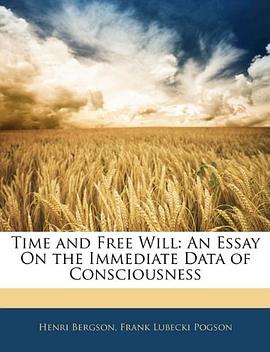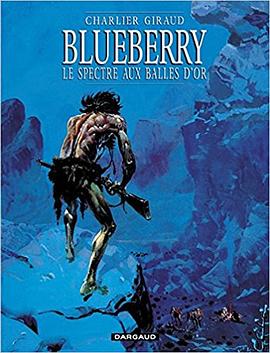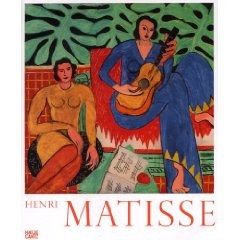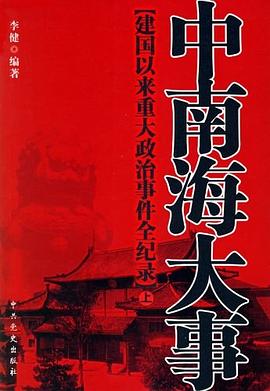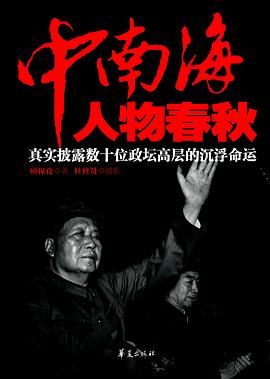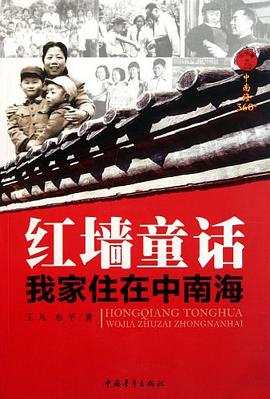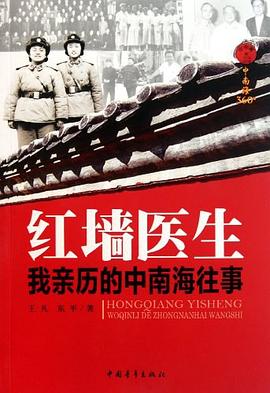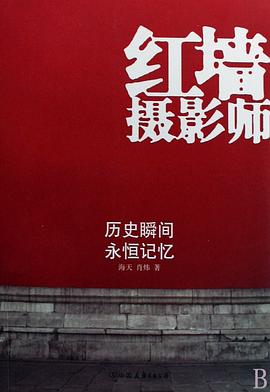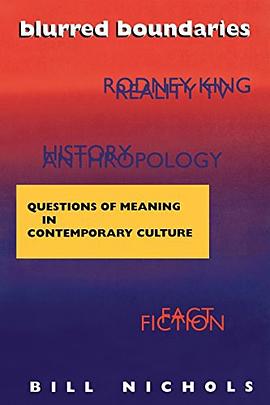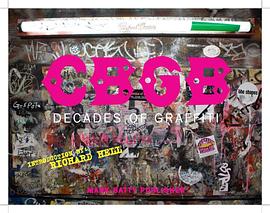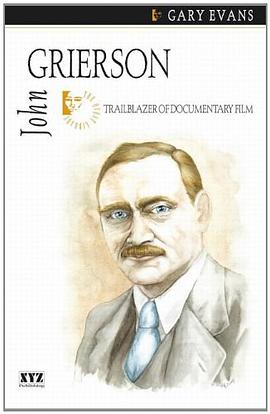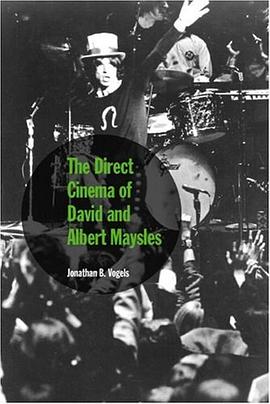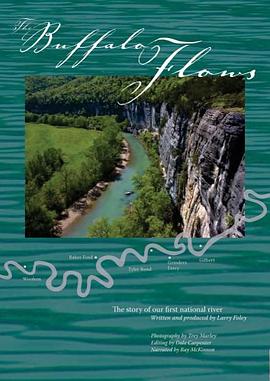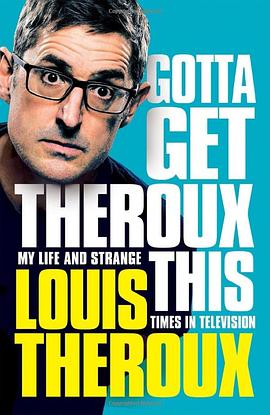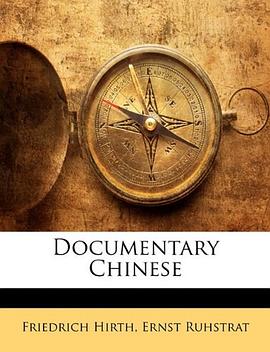

Creative Evolution (1907) is the text that made Bergson world-famous. It established him as the pre-eminent European philosopher for the next 10 years, influencing the course of intellectual development not only in philosophical circles but also in literature and the arts. For many, it became the central theoretical work for the first half of the Twentieth-Century, and it is arguable that it established the concept of time and its avatars (freedom, difference, creativity, the new), as the highest philosophical values for the next century of French thought. In this monumental work, Bergson takes the special theory of duration developed through Time and Free Will and Matter and Memory in the field of mind, and generalises it into a cosmology of life and matter in the field of evolution, of change in biological life. Tackling the concepts of evolution current at the time, Bergson shows how both mechanistic (Neo-Darwinian) and finalist (Neo-Lamarckian) theories of evolution fail to account for the diverse creativity of nature, especially speciation. In response, Bergson argues for a theory of non-teleological, non-gradualist dissociative speciation immanent within all evolutionary change: the famous concept of the elan vital that, far from being an obscure, spiritual substance underlying organic matter, is simply the kind of creative temporality specific to all living entities. This general theory of biological duration is also applied to a theory of knowledge (or evolutionary epistemology), Bergson showing how even the problems of philosophy (or order and disorder, of being and nothingness), have their origins in a theory of creative life. This new, critical edition uses the original, authorised translation by Arthur Mitchell, adding a guide to further reading and a new introduction by Bergson scholar Keith Ansell Pearson. It also has a glossary of biological terms, biographical synopses, and other helpful material for readers, proving that Bergson's concept of vital creativity still has pertinence for both the latest developments in contemporary evolutionary theory and philosophy.
具體描述
讀後感
看《时间之箭》,里面好像说过这样的观点,时间的单向流动性,是因为我们的大脑的工作方式所产生的感受——我们的大脑的思考与记忆的机制,也正好像算盘一样,通过算珠从有序到无序演化,来储存记忆运行思考,我们思考的方向,赋予一切外在事物的演化方向:从有序到无序,所以...
評分看《时间之箭》,里面好像说过这样的观点,时间的单向流动性,是因为我们的大脑的工作方式所产生的感受——我们的大脑的思考与记忆的机制,也正好像算盘一样,通过算珠从有序到无序演化,来储存记忆运行思考,我们思考的方向,赋予一切外在事物的演化方向:从有序到无序,所以...
評分生命就是从这个决定论的机械世界中越狱成功的那世界本身的不安分的一面,所谓的“原始冲动”就是代表着从确定到不确定的,从有序到无序,从必然到自由的那种能量传递的倾向。 经历几十亿年的发展,生命得以产生并且以智慧的形态达到巅峰,漫长的过程,宣告生命不是目的论的产...
評分 評分书看完了。简单说几点。 柏格森是我非常喜欢的一位哲学家。目前为止,除了康德,就是柏格森,两人是我相对读的最多作品的哲学家。而且以后遇到柏的作品,还会继续关注。 在我的心目中,柏格森的绵延理论,丝毫不逊色于休谟对因果理念的破坏性。只不过对于“绵延...
用戶評價
相關圖書
本站所有內容均為互聯網搜索引擎提供的公開搜索信息,本站不存儲任何數據與內容,任何內容與數據均與本站無關,如有需要請聯繫相關搜索引擎包括但不限於百度,google,bing,sogou 等
© 2025 qciss.net All Rights Reserved. 小哈圖書下載中心 版权所有

